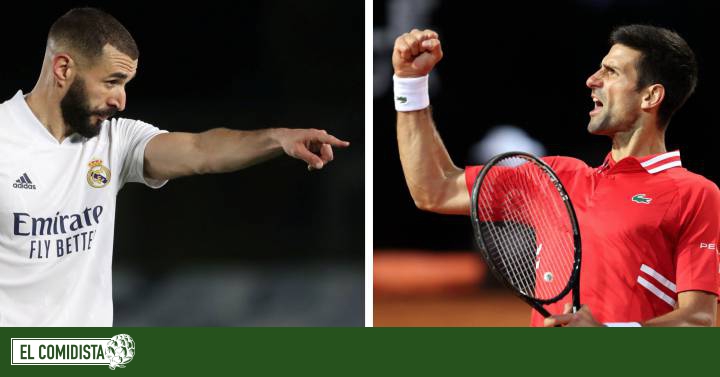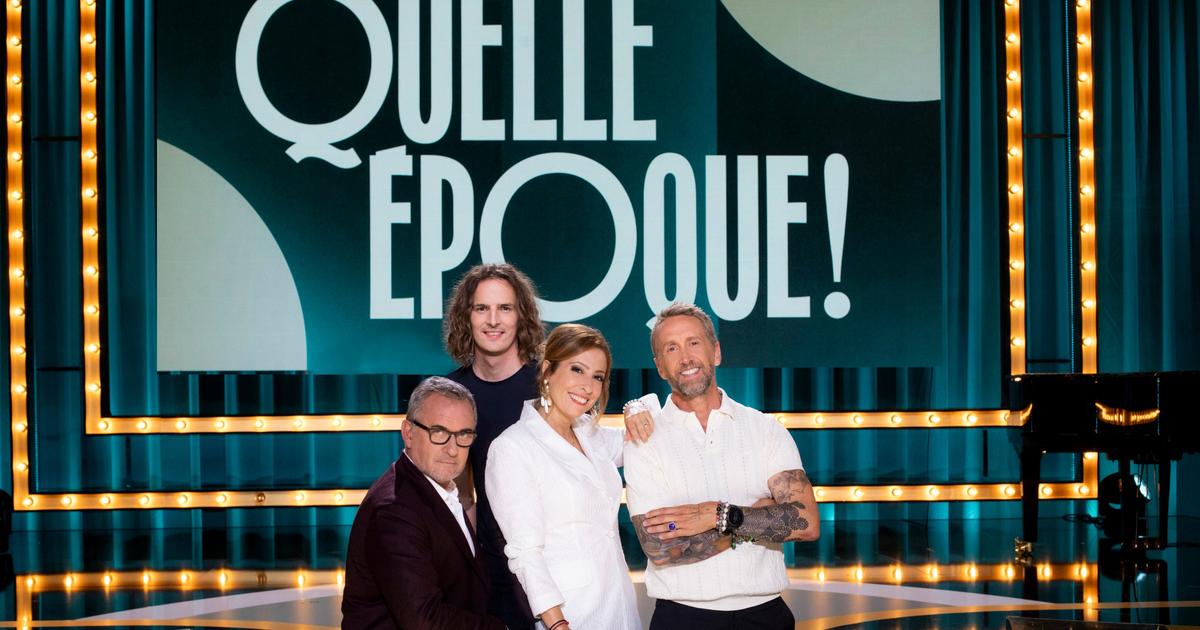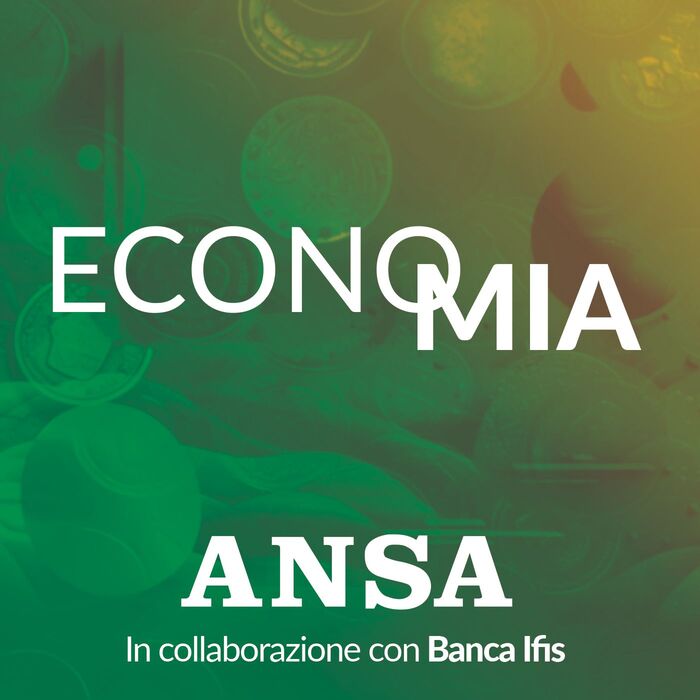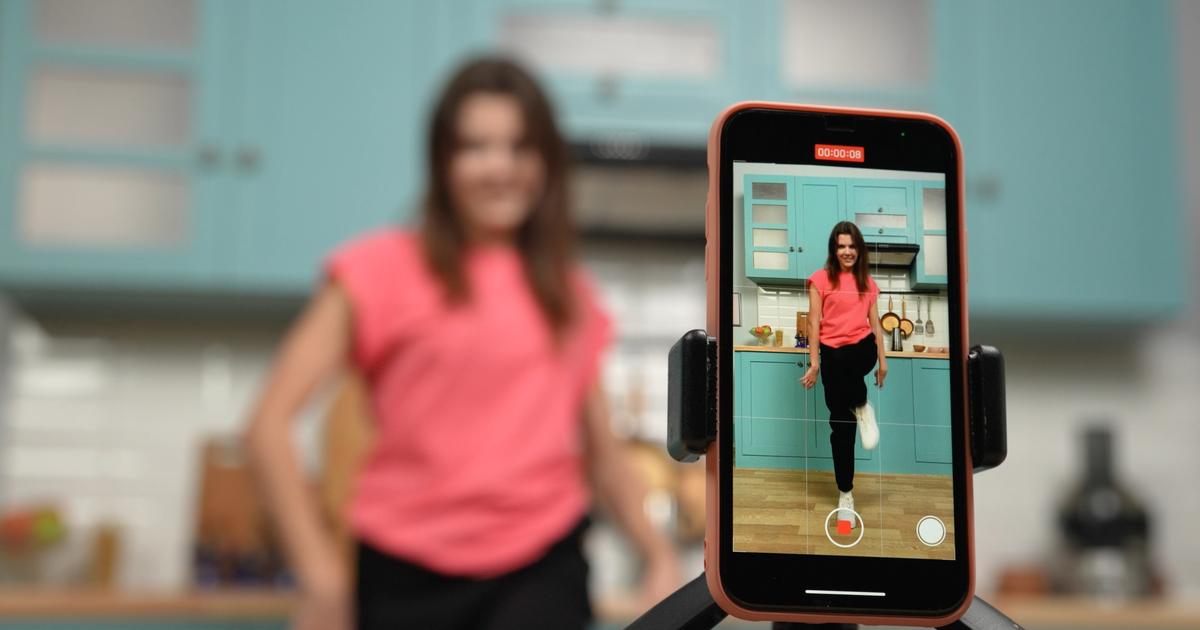"My secret to winning the Tour has been to pray a lot to the Virgin of Lourdes, taking advantage of the fact that I was in France." If an elite athlete or his environment dropped something like this, skepticism and criticism would be assured; something we have advanced. But if the 'miracle' is wrapped in supposedly scientific concepts, with an aura of sophistication and a certain dose of elitism, then we fall into charlatanism and we believe that his spectacular physical capacity is due to the fact that he sleeps in a bed that protects them from electromagnetic pollution (at a modest price of 35,000 euros).
High-class tricksters have found a vein in the world of sports and use level athletes as ambassadors of proposals without evidence ranging from
kinesiotapping
,
cupping
or the already expired holographic bracelets, to dietary-nutritional approaches that, or not they have scientific support, or they do not make sense in healthy people.
The alkaline ionized water of Karim Benzemá, the “pesticide-free” diet of Lionel Messi -as if the rest of us dedicated ourselves to sucking lettuce with DDT- or the gluten-free diet of Novak Djokovic after the “diagnosis” -give me more quotes- than a A nutritionist made him put a piece of bread on his stomach - without being celiac - they are striking and fill the headlines, but neither have the endorsement of science nor are they responsible for their successes.
Now here near.
Sport, a fertile ground for trickery
Thinking that drinking ionized water will improve your sports performance or that filling your back with suction cups will cause you to leave the bench, makes the same sense as the fan who wears lucky balls to help his team win the final of the Champions (stretched out on the couch with a pack of beers and hooks): none.
The ionized water will cause you to score four hat-tricks in the same match.
PIXABAY
But sport is a breeding ground for all kinds of irrational thinking and wrong beliefs. Jumping onto the field with the same foot or crossing oneself three and a half times with the left hand are pure superstition, ideas that suggest that repetitive actions without any technical basis can exert control over good or bad luck. What is striking is that, as the study
Believing what we do not believe: Acquiescence to superstitious beliefs and other powerful intuitions indicates
, we recognize that they don't make any sense, but we don't care and we do it anyway; led by intuition that it can help. José Luis, for your peace of mind, I assure you that your team would have lost the same even if you had eaten the last croquette between minute 85 and 90.
In
Superstitious behavior in sport: A literature review
-another study on the subject- it is reflected that there is more superstition around the world of sport than in other fields, even among fans. Even in the sports narrative in the media irrational thoughts such as "we have to win because we have lost three games at home" or "a game played on Tuesday has never been lost" (Rational emotive behavior therapy (REBT), irrational and rational beliefs, and the mental health of athletes).
There is another factor that gives the final push for pseudoscientific practices to reign at their ease in elite sport: the pressure to seek new approaches to improve results.
The demand is very high and the difference between success and failure can be measured in milliseconds, so science may not be able to give you an answer to improve.
If someone sells you a system that promises results, no matter how insignificant the possibility, you have to try: there is too much - money - at stake.
The fine line between superstition and pseudoscience
The problem with pseudoscience is that it is much more subtle than pure superstition because it appears to be supported by science and is therefore more difficult to recognize.
Pseudoscience simulates truthfulness and disguises itself very well: if you don't look at it carefully, it passes itself off as science without much difficulty.
Many diets and trendy practices of athletes are not even novel, but recycled and better presented versions of the quackery of a lifetime, which science has investigated in depth and has discarded.
In sport, great value is placed on practice and experience, sometimes putting them ahead of knowledge, as explained in
Science or pseudoscience of physical activity and sport?
This gives great power to anecdotes - which are used as if they were data to try to validate an unsubstantiated theory - and parameters that are subjective are overrated. "I have stopped gluten and I feel less inflamed", "since I drink alkaline ionized water I have more energy", "it has been to switch to food without pesticides, and I have more mental agility in the field". But how have you quantified inflammation, energy, or mental activity? Do not tell me! No way. You do not care, you do not need to try it, you feel in your heart that it works, that you are right, although there is no theoretical basis or evidence to support it. Scientific literature has given it a name,
"scienciness"
, which is what the doctrine of
Pormihuevism has
been, in a fine plan
.
No, pesticide-free foods will not improve your mental alertness.
PIXABAY
Make no mistake: trying by trying and following approaches without scientific evidence is a waste of resources, time and energy, which could be used for well-founded techniques.
Not to mention that athletes act as prescribers of these practices, even if they do not charge to promote them.
If they, who have access to the best doctors, trainers and scientific advances, wear the magic bracelet, there is no better endorsement.
Great power implies great responsibility
As much as we now call them
influencers
and have changed the photo of the luminous poster for the mobile screen, we are not inventing the wheel. The figure of the
celebrity endorser
- something like "famous sponsor" - was already described in 1979 in the article
Endorser effectiveness by product type
to describe "people who are recognized by the public for their achievements in areas other than the product they promote ”.
Taken to the sports field they are, as
Sports Celebrity Influence on the Behavioral Intentions of Generation Z
collects
, "famous athletes -or trainers- whose public recognition is used in advertising to recommend or publicize a product." To a greater or lesser extent, we are all vulnerable to various influences when we make choices regarding a product or service. Yes, you too, no matter how much you think you make your decisions in complete freedom.
In
Bend it like Beckham ”: The Influence of Sports Celebrities on Young Adult Consumers it
is explained that, when advertisements use the claim of a famous person, they do so because two possible processes act that manage to persuade us: internalization - the famous person is perceived as a honest and experienced person, an expert in his field who gets us to create the message - and the identification (the message of the
celebrity
it influences us because we believe that it is like us and that we can achieve its attractiveness and success). Athletes are the winning combination, because they can persuade through both mechanisms: if they advertise shoes, we see them as experts in the field -internalization-; if they sell us face creams, a “pesticide-free” diet or a bracelet to balance our biorhythms, we want to be like them (identification).
When we talk about promoting health-related products or techniques, they have another ace up their sleeve: they are perceived as healthy and fit people, and they are more credible than celebrities from other sectors
(
A
thletes as role models during the COVID-19 pandemic).
Soccer player Marcos Llorente, in addition to relying on the thymus-antioxidant bed, follows intermittent fasting - a dietary guideline that may be useful in some cases, but for which there is currently no evidence of great results - advised by
professionals
of psychoneuroimmunology, a field of research on which the College of Dietitians-Nutritionists of Catalonia has pronounced, considering its application in the field of nutrition as a therapy without tests that, like others, can lead to an expenditure of resources and exposure of unknown adverse effects.
Looking for a solution to injuries and inflammation, Sergio Canales follows a macrobiotic diet, for which the Ministry of Health considers that "there is not enough information that allows us to know its effectiveness in improving or controlling diseases or its safety." LeBron James also demonstrated a total hodgepodge of nutritional concepts. He followed a diet "to test his mental strength" which, according to his own statements, was a diet "without sugar, without dairy and without carbohydrates. He only ate meat, fish, vegetables, and fruit. I lost a ton of weight. " Pass that you did not consider the sugars in fruit as "sugars" in the sense of free and "bad" sugar that we all have in mind. But it is that vegetables and fruit are, essentially, carbohydrates.
The fruit that Lebron James eats.
Well, and the one you eat too.
WIKIPEDIA
If we look at the other side of the mobile screen, we mostly find ourselves with the eyes of a generation of potential young -or extremely young- consumers who, according to the YPulse consultancy, find in athletes models they admire ahead of other well-known figures like Hollywood musicians or actors.
Younger audiences are a sweet tooth for brands: they are more impressionable and receptive to novelties, they set trends and, best of the best, they can become brand loyal consumers for life.
Athletes, not gods
Let's open a melon.
Do athletes have to be an impeccable moral guide, due to their status as public figures with thousands or millions of followers?
It is debatable.
Can your lifestyle, your diet (the alkaline water of Benzemá) or your health decisions (recovering with
kinesiotapping
or
cupping
), even if they are personal choices and you do not consciously promote them, be separated from your public image and position?
Hardly.
It is not a new debate.
In 1993 Nike took him to his own publicity with the NBA player Charles Barkley, who said in his ad "I am not a reference and they do not pay me for it (...) Playing basketball does not imply raising your children" (for true, his partner Karl Malone disagreed).
The fact that a person's profession involves a certain degree of exposure should not imply that they are subject to permanent public scrutiny, nor should they become a paragon of virtue for the gallery. But the dividing line between the heroic athlete and the human being behind is especially blurred, especially when they voluntarily adopt the role of reference and exploit it to close millionaire advertising contracts as ambassadors of all kinds of brands (which bring them more income than their own professional activity). In Forbes you can see separately the income from salary and advertising of the highest paid athletes in the world.
Elite athletes nurture an aspirational model in which anyone, and especially the youngest, tries to caress the lifestyle of their admired footballer by acquiring more or less affordable everyday objects, from sneakers and sportswear, to shampoos or refreshments.
The idiosyncrasy of social networks is perfect to erase the border between the brand and the athlete, because promotional publications are interspersed without separation between personal ones.
In fact, as we can read in
How social's media influence endorsement revenues for hugh level athletes
, “everyday life” -if there can be one in the life of an elite athlete- and closeness are key to their credibility.
They become prescribers of everything they publish, even when they don't charge for it.
It is unreasonable to ask your followers to separate the information and receive in separate mental compartments the publications that are pure advertising to sell meal replacement shakes (which no honest nutritionist would recommend, and I venture that they have never tried), of which they belong to private moments.
The studies that we have referenced before explain that the positive values associated with the athlete are transferred institutionally to the product.
The athlete's identification with the brand is total: they are a whole and that is why they are paid.
Their power of influence is measured in checks with many zeros, but the reverse is a responsibility they don't always want to take on.









